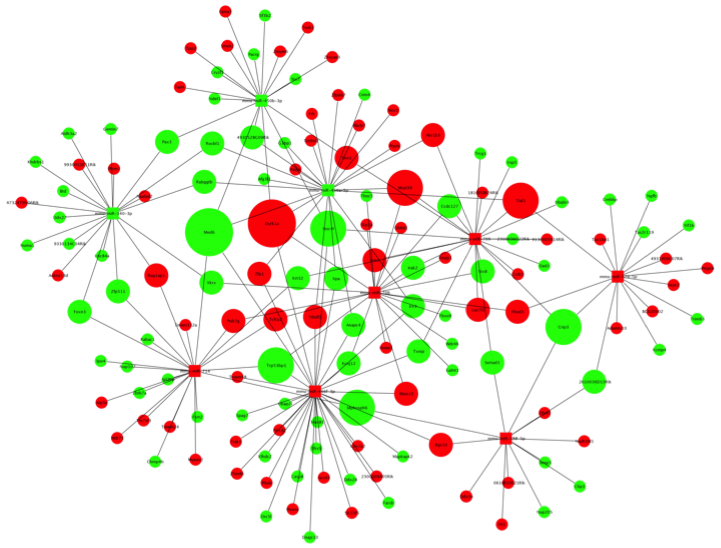Clinical Bioinformatics (Prof. Keller)
March 29, 2023 2023-04-13 1:33Clinical Bioinformatics (Prof. Keller)
About us
The Keller research group is part of the Medical Faculty of Saarland University; in this context, Clinical Bioinformatics links the research fields of medicine and bioinformatics as a bridge professorship. On the one hand, the group is active in basic research, but is also concerned with the targeted transfer of results into practice. To this end, Clinical Bioinformatics works closely with Saarland University Clinic, but also with universities beyond Saarland. In addition, the group also cooperates with diagnostic and pharmaceutical companies to support the translation of research.
Thematically, research is conducted on the following four topics: causes of genetic resistance of bacteria for better therapy selection, non-invasive biomarkers for early detection of diseases, improved genetic tests and integrative systems biology issues.
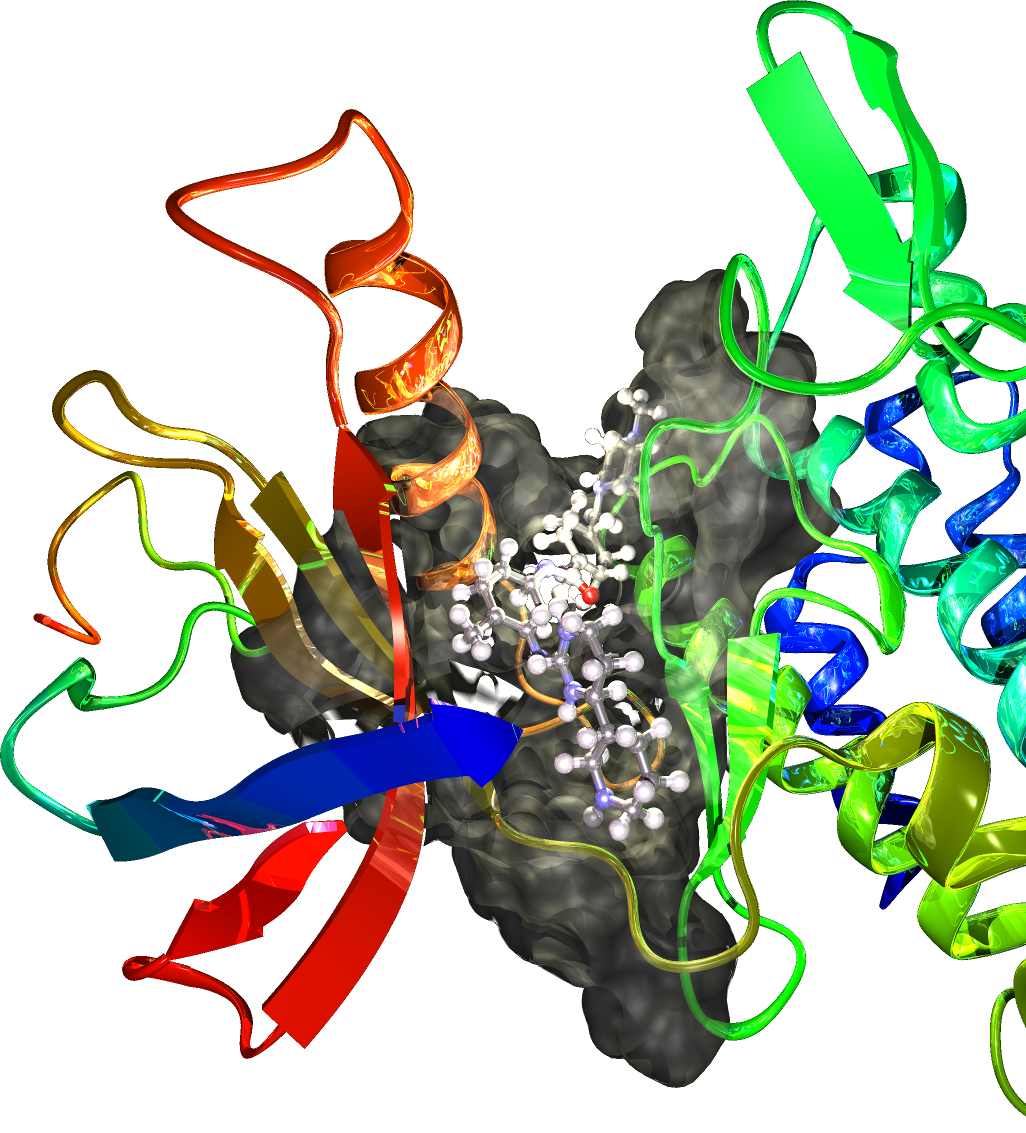
Head of the Group
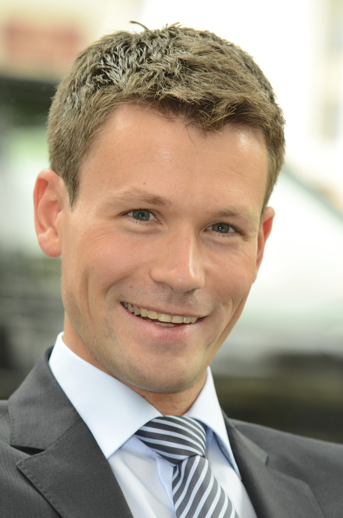
Prof. Dr. Andreas Keller
Andreas Keller studied bioinformatics at Saarland University (Master of Sciene in 2005). In 2009, he completed his PhD in bioinformatics at Saarland University in Prof. Lenhof’s group before joining the Heidelberg-based biotech company febit (now comprehensive biomarker center). At febit, Keller was responsible for bioinformatics and the biomarker discovery program. In early 2012, Keller moved to Erlangen to join Siemens Healthcare, one of the world’s most successful diagnostics companies. There, as Director Diagnostic Innovation, Keller was responsible for disruptive developments in IT and molecular diagnostics. Parallel to his industrial activities, Keller conducted joint research with the Human Genetics Department of Saarland University under Prof. Eckart Meese. He completed his habilitation in 2012. Since October 2013, Keller has headed the Chair of Clinical Bioinformatics at the Medical Faculty of Saarland University. In parallel, Keller has been a co-opted professor of computer science at Saarland University since 2014. In his career, he has published over 100 scientific papers in renowned peer-reviewed journals and written over 40 patents.
Our Projects
Non-Invasive Biomarkers
The key to curing many diseases is early diagnosis. An often-cited example is cancer. But biomarkers are also essential for neurological and cardiovascular diseases. For 10 years, we have been researching novel non-invasive tests. We follow the core principle of measuring many markers to combine their informative value and increase the hit rate. In addition, biomarker patterns in different diseases are collected and compared to find disease-specific patterns. MicroRNAs are being investigated as the most promising candidates. In addition to microarrays, high-throughput sequencing and qRT-PCR will be used to characterize and statistically evaluate patients.
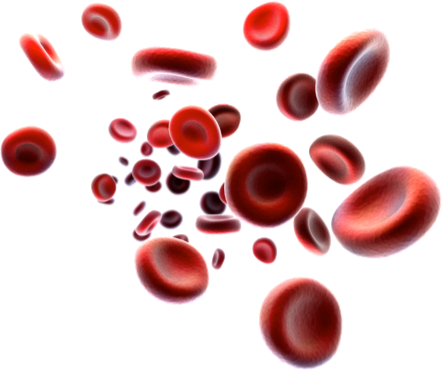
Novel Genetic Tests
Many inherited diseases are detected with the help of genetic diagnostics. High-throughput sequencing offers the possibility to decode many genes or even entire genomes of patients and possibly family members. A core challenge is the development of standardized software that can be used in a clinical context to support physicians in making diagnoses. Together with other working groups, we are researching suitable solutions. Probably the best-known example of a whole genome that was evaluated in the working group was the genome of the 5300-year-old Ötzi.
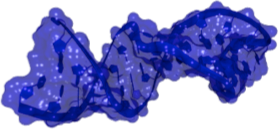
Test for Bacterial Resistances
To select the right therapy for bacterial infections, it is not only important to know the pathogen causing the infection, but also its resistance to antibiotics. Classical resistance tests take up to 3 days, during which time the wrong therapy is often given. Excessive administration of antibiotics also leads to more multi-resistant bacteria. Together with Siemens Healthcare, we are researching genetic causes of antibiotic resistance. The aim is to develop a rapid test that can detect bacteria and resistance within a day, so that the right therapy can be selected more quickly. The knowledge gained can then be used to conduct targeted research into new active ingredients.
Systems Biology
To better understand pathogenic processes, it is important to gain an understanding across multiple levels of complexity. This includes molecular insights (the classical “omics”, such as genomics, proteomics, epigenomics, miRNOmics, transcriptomics, metabolomics), information about cells (example histological studies in cancer), as well as data from imaging techniques such as ultrasound or magnetic resonance imaging. We are mainly concerned with the integration of different molecular data. In addition, we are working on initial solutions that combine the corresponding genetic profiles with classical imaging methods. One core project is the tool GeneTrail2, one of the most comprehensive bioinformatics tools for the analysis of different “omics” datasets, which we are developing together with the AG Lenhof
